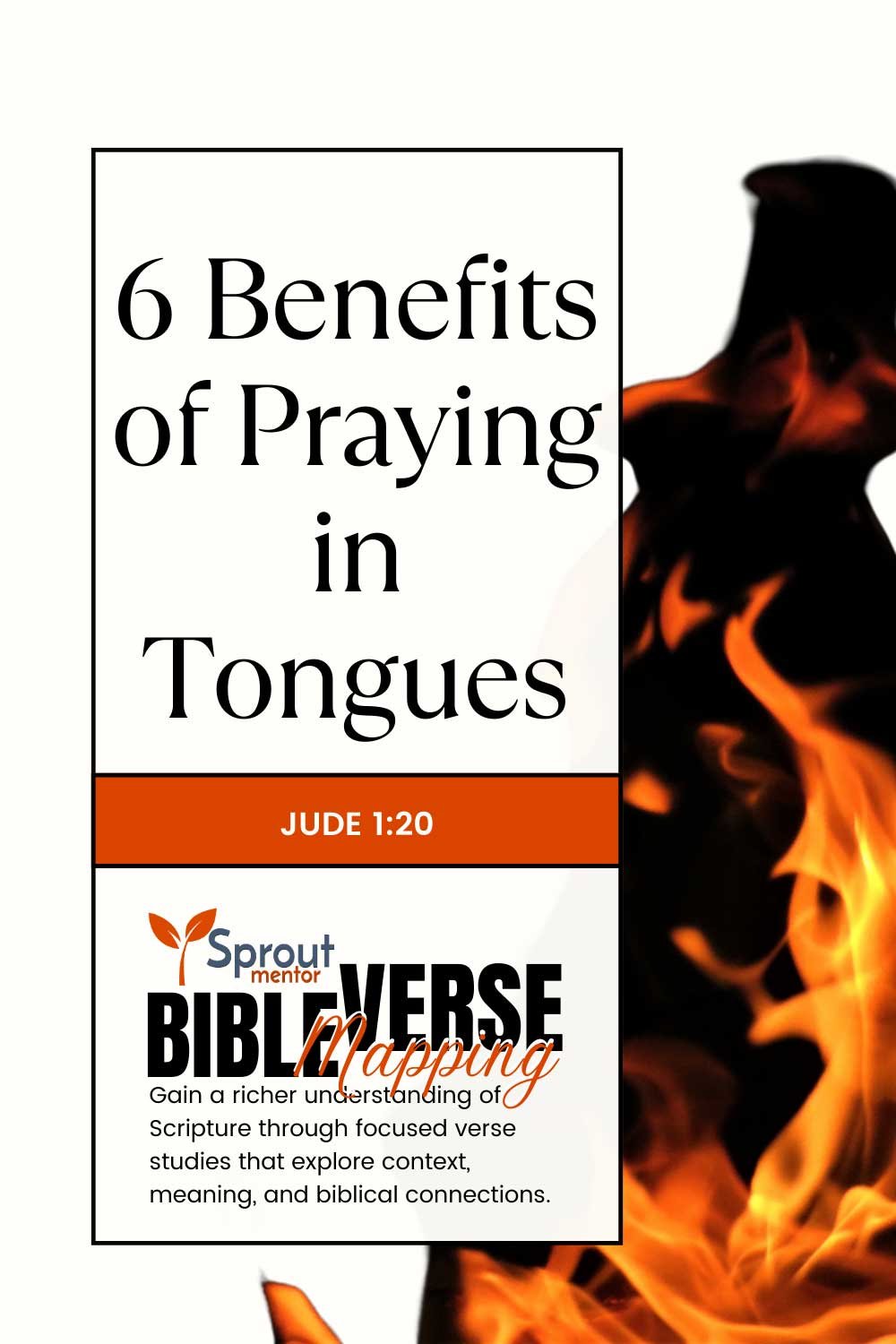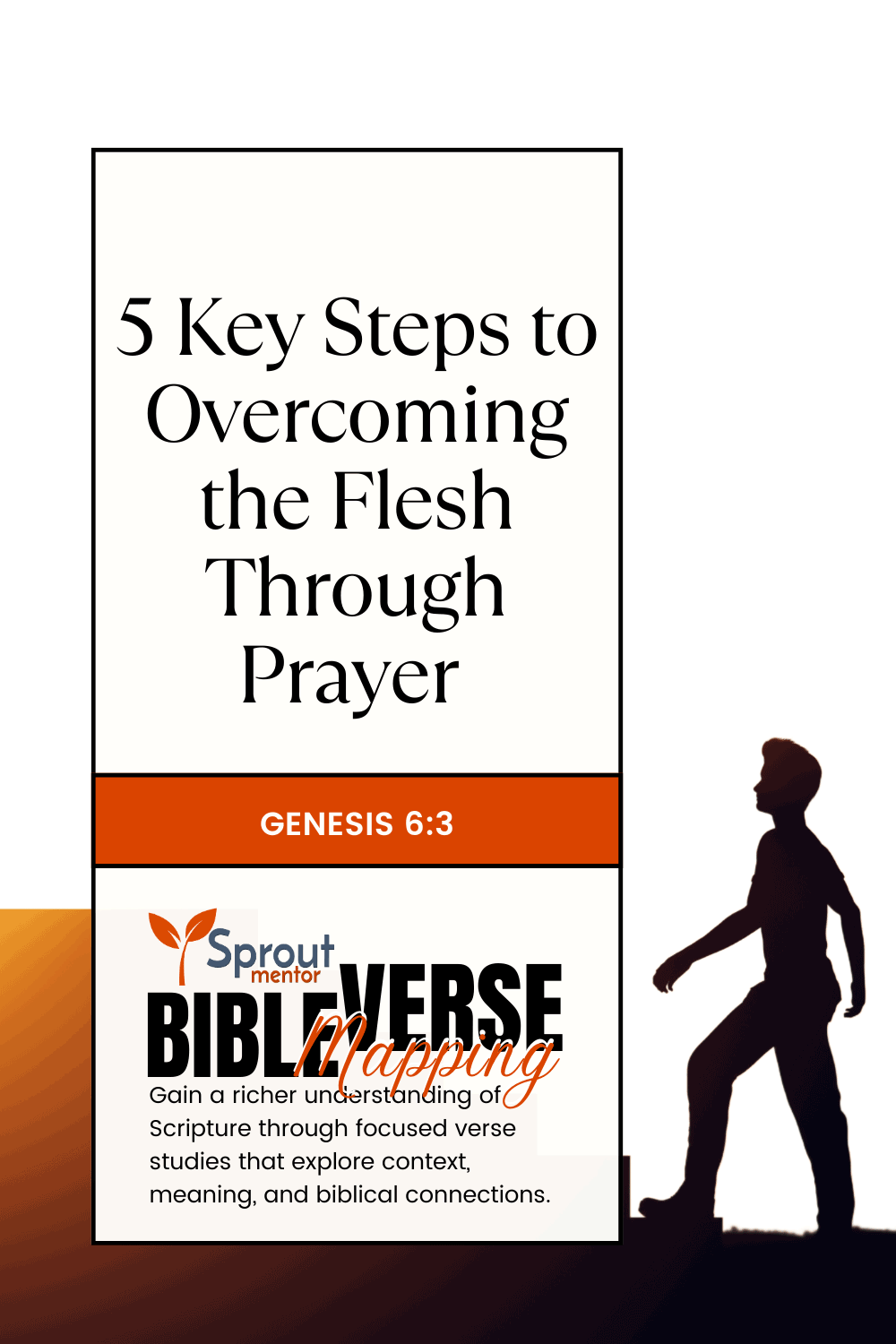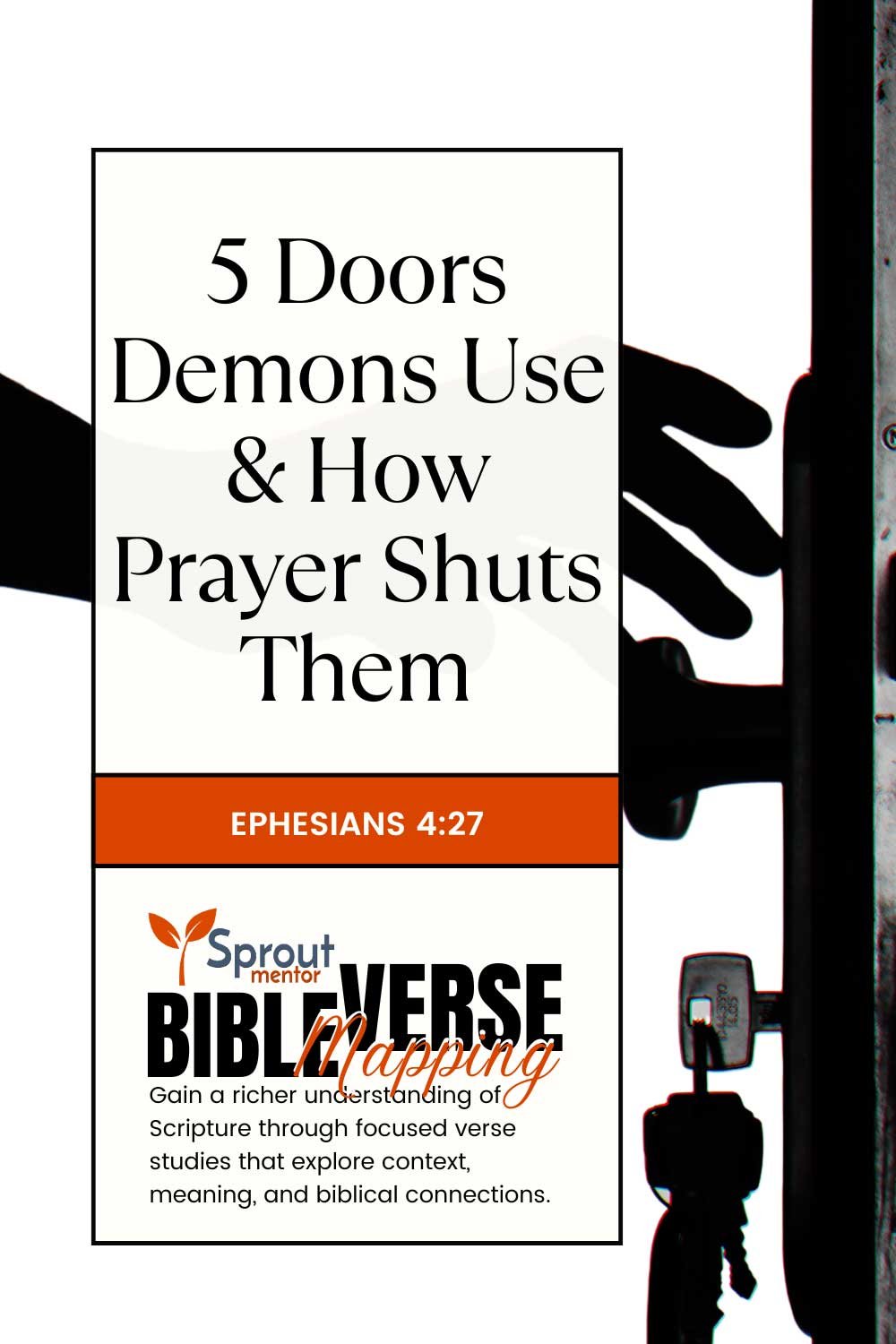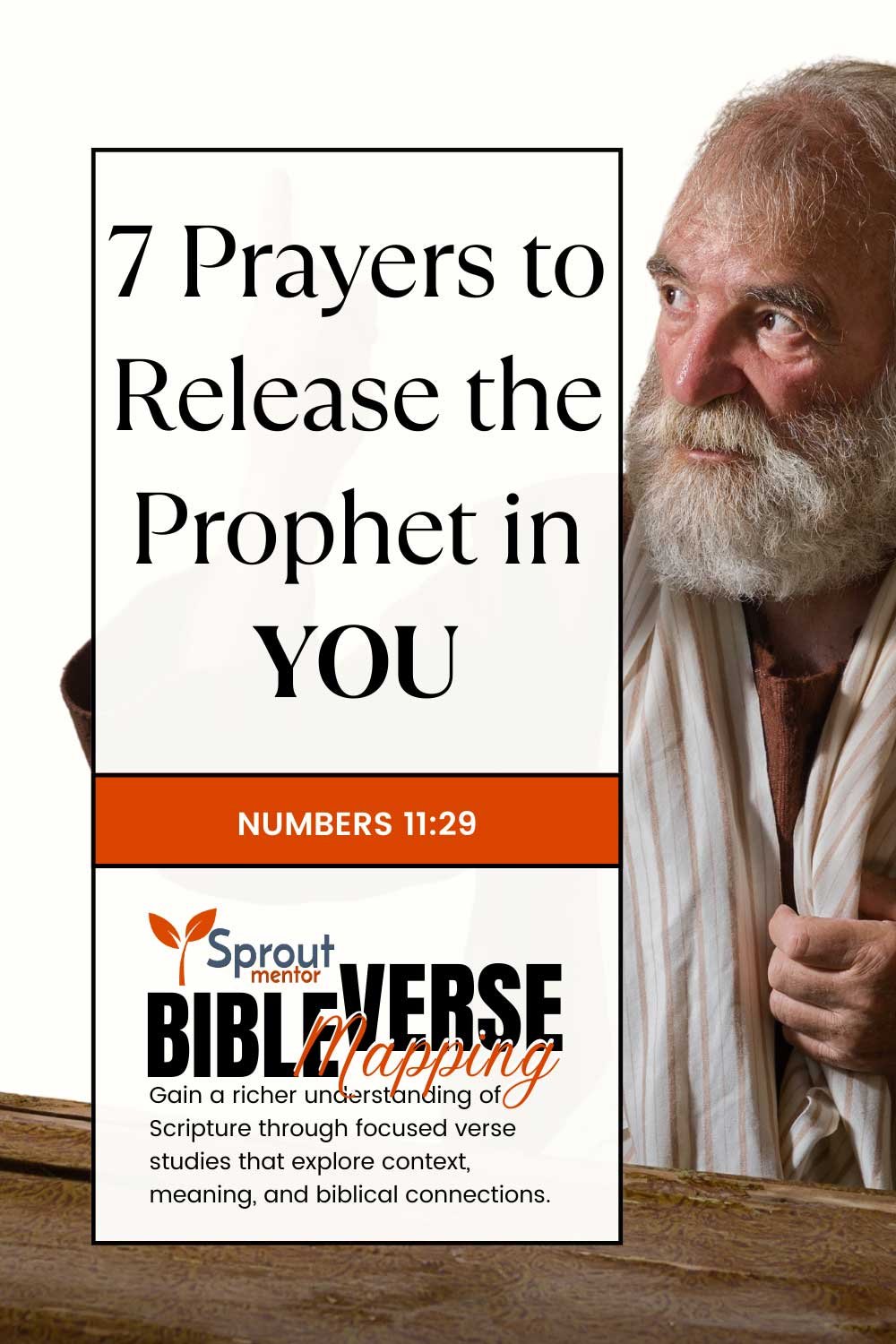5 Types of Righteousness That Supercharge Your Prayer Life (James 5:16)
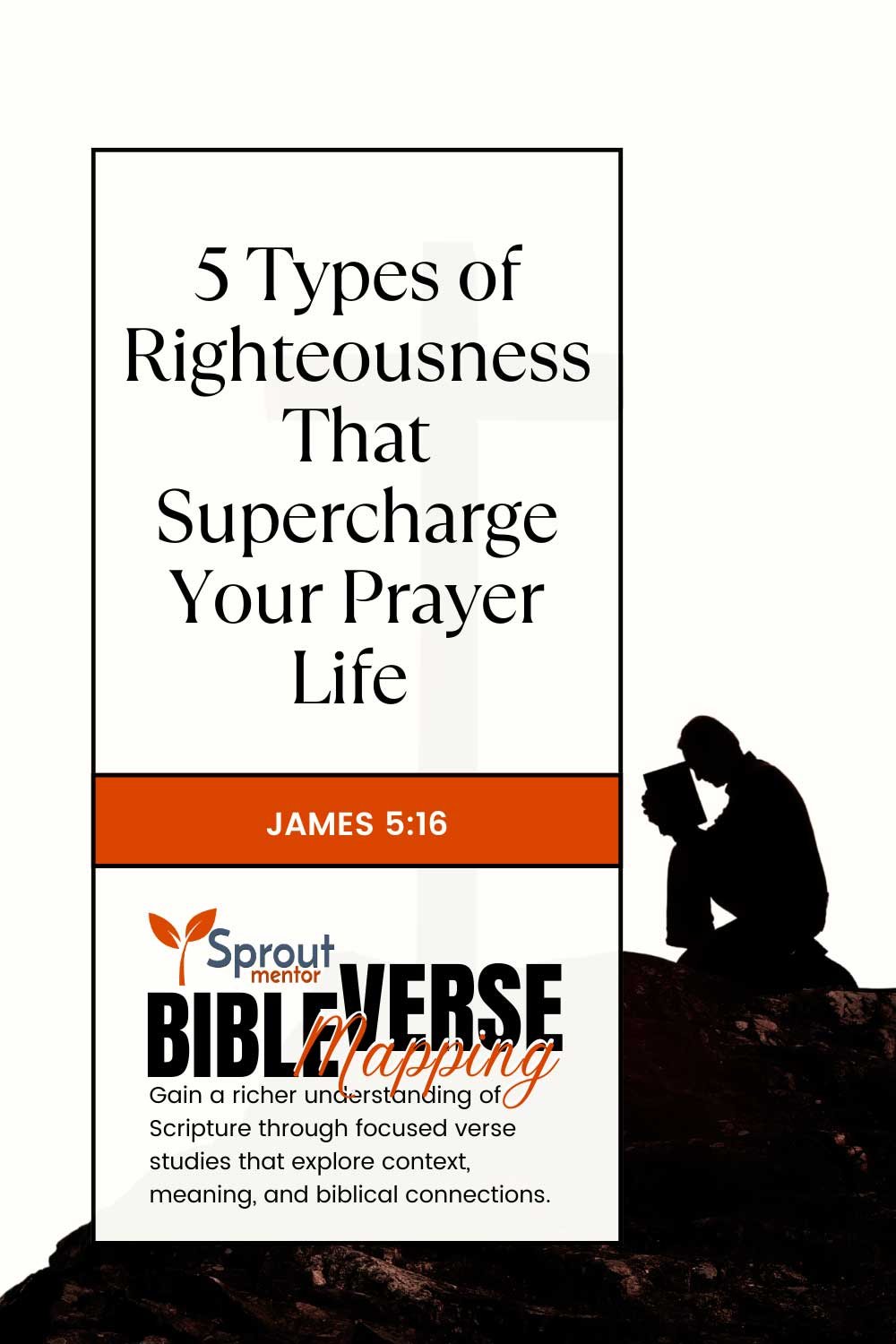
Share This Blog Post On:
Short on time, but big on faith? We break down complex topics into easy-to-understand chunks, making the Bible accessible to everyone. Join us for answers to your Bible questions and encouragement for your daily walk with God. Click here to grow your faith, one byte at a time!
“Confess your faults one to another, and pray one for another, that ye may be healed. The effectual fervent prayer of a righteous man availeth much.” (James 5:16, KJV)
This verse highlights the power of prayer when it is accompanied by righteousness. Understanding righteousness is crucial for believers as it significantly impacts the efficacy of their prayers. While many are familiar with the term, the concept of righteousness encompasses much more than commonly understood. This blog post explores five types of righteousness that can transform and elevate your prayer life.
Type One: The Righteousness of God
“For I am not ashamed of the gospel; it is the power of God for salvation to everyone who has faith, to the Jew first and also to the Greek. For in it the righteousness of God is revealed through faith for faith; as it is written, ‘The one who is righteous will live by faith.” (Romans 1:16-17)
This righteousness is the justice system of God, revealed through the gospel. It allows believers to exercise their faith and seek justice in their lives and the lives of others. Understanding and appropriating the righteousness of God empowers believers to stand firm in prayer, demanding justice and deliverance from spiritual accusations.
The righteousness of God legitimizes lawful prayers. Hebrews 12:22-24 describes the heavenly court where believers present strong reasons before God, seeking justice against the adversary who constantly accuses them (Revelation 12:10). God, as a righteous judge (Psalms 89:14), ensures justice, but if found guilty, believers may become lawful captives (Isaiah 49:24-25).
Type Two: The Gift of Righteousness
“For if, because of one man’s trespass, death reigned through that one man, much more will those who receive the abundance of grace and the free gift of righteousness reign in life through the one man Jesus Christ.” (Romans 5:17)
The gift of righteousness is bestowed upon believers through Christ. It grants them acceptance before God, enabling them to approach His presence without fear of condemnation. This righteousness provides a positional advantage, allowing believers to communicate with God freely.
The tearing of the temple curtain symbolizes this newfound access (Matthew 27:51). With Christ as our righteousness, believers are encouraged to build intimacy with God in prayer, knowing they are not judged by their flawed righteousness but through the perfect righteousness of Christ.
Type Three: Righteousness Revealed Through Works
“Little children, let no one deceive you. Whoever practices righteousness is righteous, as he is righteous.” (1 John 3:7)
While salvation is by grace through faith, it leads to righteous works (Ephesians 2:10). Righteousness manifests through actions, reflecting the transformative power of Christ within. This active righteousness is evidenced by works—fruits of the Spirit and godly living. Believers are called to live lives that exemplify righteousness, showcasing their faith through actions.
The crown of righteousness, mentioned in 2 Timothy 4:7-8, awaits those who reveal righteousness through their works and lifestyle. For example, Jesus highlighted the importance of works such as fasting, prayer, and giving (Matthew 6), emphasizing that these practices should be integral to a believer’s life.
Type Four: Exceeding Righteousness
“For I tell you that unless your righteousness exceeds that of the Pharisees and the teachers of the law, you will certainly not enter the kingdom of heaven.” (Matthew 5:20)
Exceeding righteousness surpasses mere external compliance and delves into genuine, heartfelt devotion to God. This righteousness is characterized by authenticity, obedience, and intimacy with God. It moves beyond the superficial practices of the Pharisees, focusing instead on a sincere relationship with Christ (Philippians 3:10).
Unlike the righteousness of the Pharisees, where their reward is given by men, the rewards of exceeding righteousness come from the Father. This means that beyond answers, the praying righteous person receives rewards that exceed what they asked for (Ephesians 3:20). This type of righteousness transforms prayer, aligning it with God’s will and purpose, thereby making it powerful and effective.
Type Five: The Word of Righteousness
“For every one that useth milk is unskilful in the word of righteousness: for he is a babe.” (Hebrews 5:13)
There are three stages of teaching and preaching emphasis. First, the ME stage focuses on personal salvation, victorious living, and prosperity. Second, the OTHERS stage highlights leadership and serving others under God’s anointing. Finally, the GOD stage, the ultimate level, centers on pleasing God (Matthew 3:17; Ephesians 1:5). This God-centered stage leads to the “word of righteousness,” where the teaching aligns fully with God’s will and purpose.
Unlike the basic principles, which are likened to milk, the word of righteousness is solid food, suitable for mature believers. Hebrews 6:1-2 outlines the basic principles—repentance, faith, baptisms, laying on of hands, resurrection of the dead, and eternal judgment. Mature believers move beyond these foundational teachings, embracing the word of righteousness—judgment, stewardship, accountability—which enhances their discernment and spiritual depth.
That means our prayer life is greatly determined by our spiritual diet. Once we begin to consume the diet of the word of righteousness our focus is ‘let your will be done of Earth as it’s done in Heaven’ (Matthew 6:10; John 5:30). Therefore, at the level of a mature believer, our prayer points should shift to be about the will of good, discernment of good from evil, and strengthening of our spiritual maturity. This maturity profoundly impacts their prayer life, enabling them to pray with greater insight and effectiveness.
In conclusion, understanding and embracing these five types of righteousness can revolutionize a believer’s prayer life. The righteousness of God empowers believers to seek justice. The gift of righteousness assures them of their acceptance before God. Righteousness revealed through works calls them to live lives that reflect their faith. Exceeding righteousness challenges us to pursue genuine devotion. The word of righteousness deepens our spiritual maturity, enhancing our ability to discern and pray effectively.
As we grasp these dimensions of righteousness, our prayers become more powerful and effective, aligning with God’s will and purposes. Ultimately, such kind of prayer life strengthens our spiritual walk and also brings us into a closer, more intimate relationship with God, where their prayers truly avail much.

Continue Reading More On:
|

